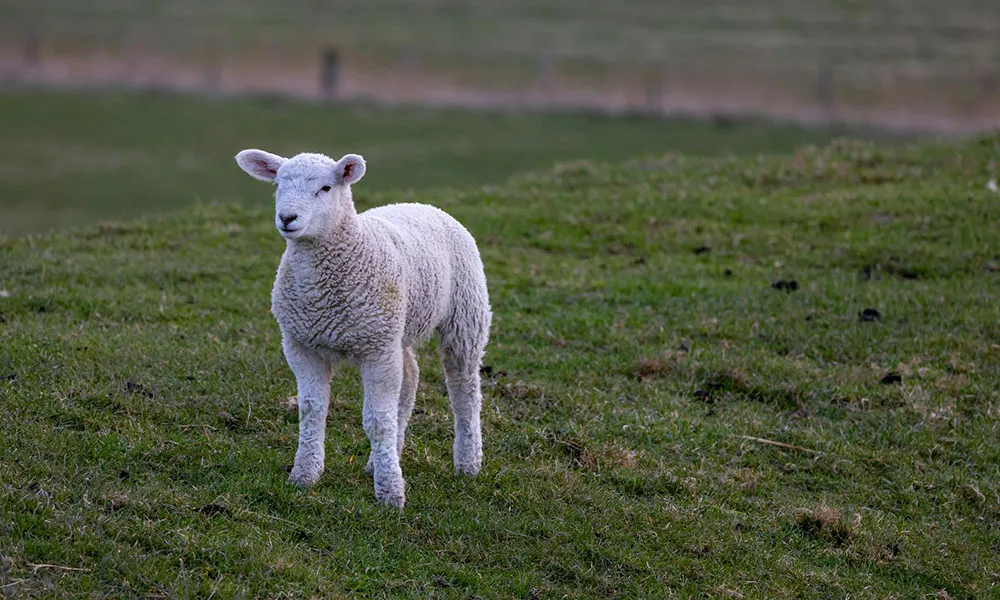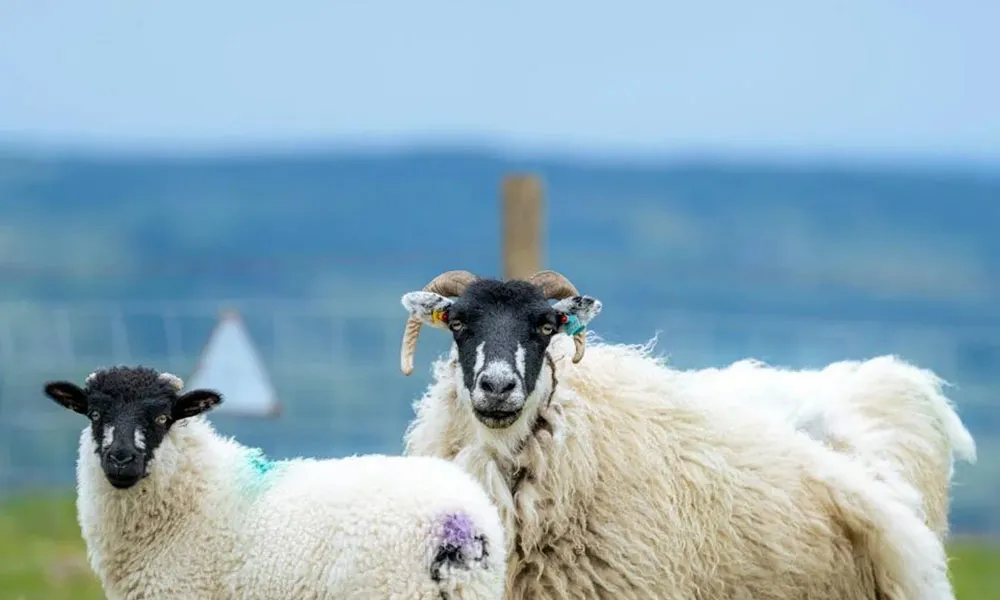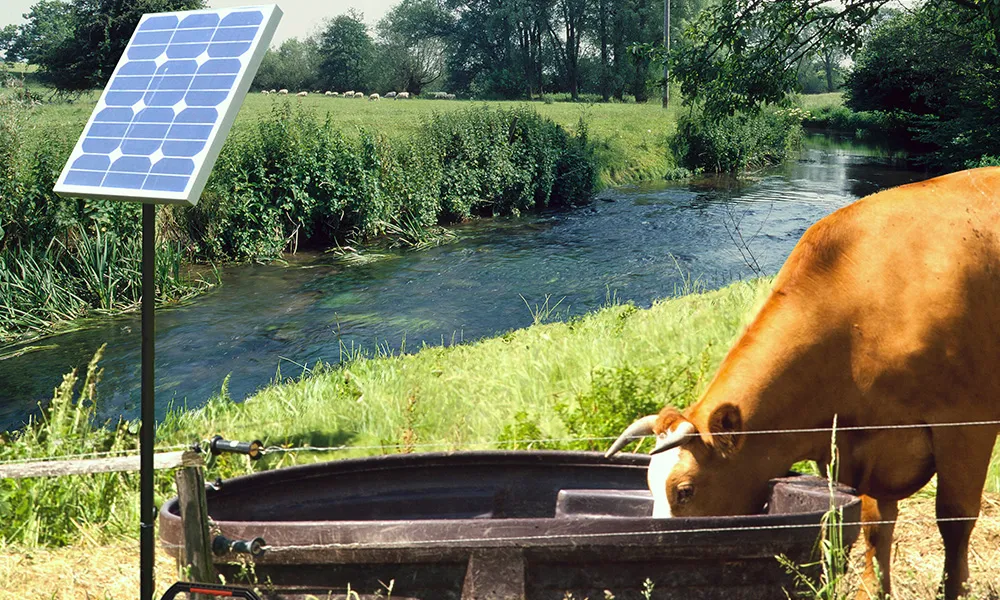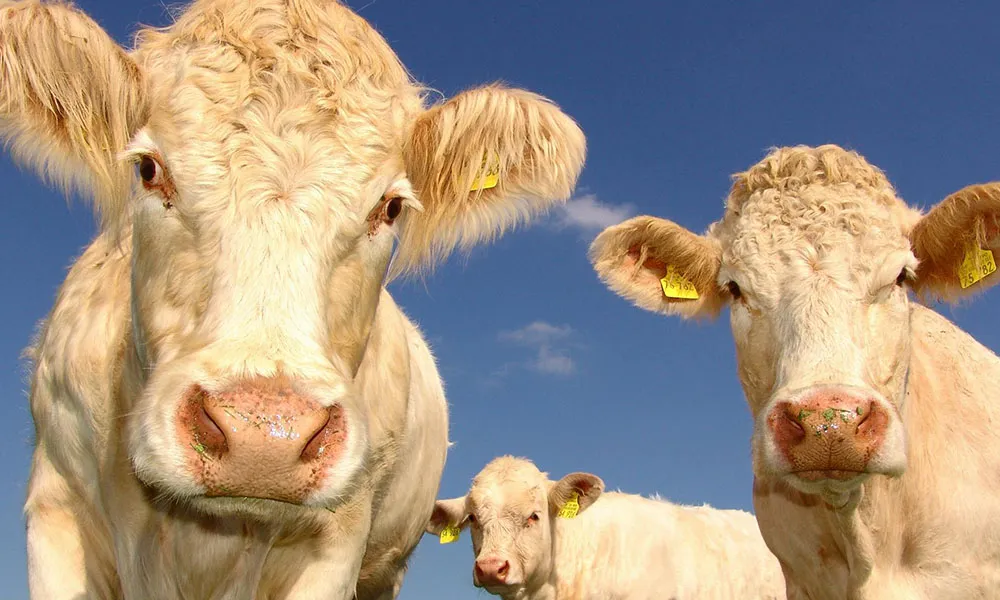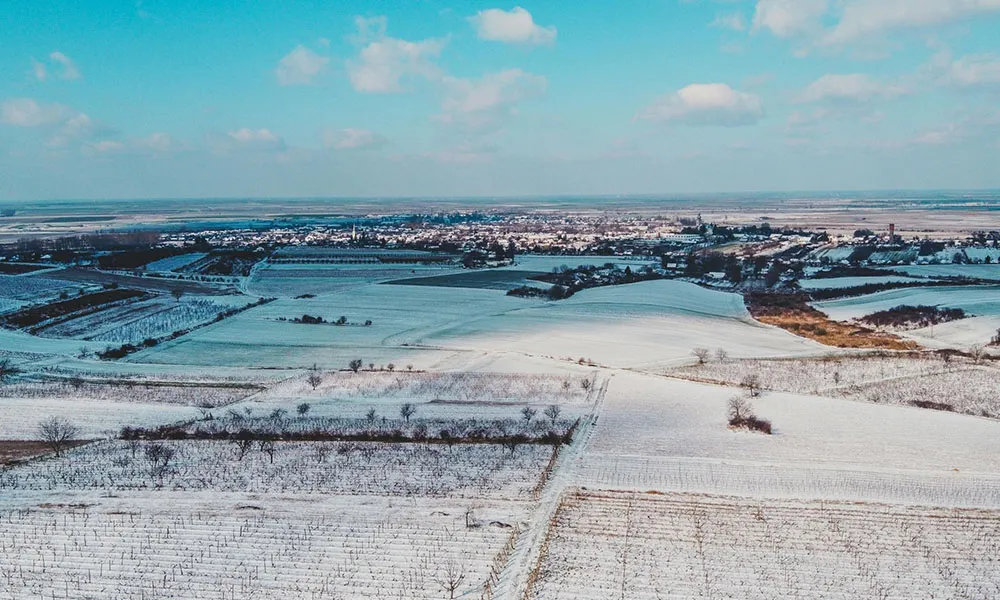
A member of the bean family, white clover (trifolium repens) is native to Europe and Central Asia. Traditionally, it has thrived in the temperate oceanic climate of Britain and Ireland, providing excellent grazing for the ruminants of these islands. After World War II, however, market forces began to target the three-leaved plant. As petrochemical herbicides developed during the war era hit the shelves, the chemical industry started to depict white clover as an unsightly weed that its products could deal with. Predictably, the global clover population took a serious nosedive.
In recent decades, however, our attitudes towards clover have changed. Nowadays, farmers and environmentalists laud the plant for its extraordinary benefits. Not only do we avoid spraying it or otherwise trying to kill it as an unwanted “weed”. Many of us, whether we are involved in agriculture or environmental activism, seek to foster its growth. Listed below are the top three reasons why we should all make a concerted effort to promote clover growth on our land.
Nitrogen fix
Clover offers an excellent means of natural nitrogen fixation. Because the plant has rhizobia in its roots, it is able to “fix” nitrogen from the air. Studies indicate that this can provide up to 200kg N/ha per year. For farmers, this is the primary appeal of the plant. In order to improve grass growth, farmers usually have to apply nitrogen to their fields. This is potentially damaging for biodiversity, and usually very expensive. Promoting and even planting clover in the soil is a cost-effective and environmentally friendly way to reduce nitrogen dependence. On most organic farms, grass growth potential is determined by the volume of clover in the sward.
Excellent feed
Aside from providing a genuine alternative to nitrogen application, clover is a high-quality foodstuff for animals. Livestock go wild for it. The flowers may not be our cup of tea, but they taste great to a ruminant. Even better, clover is loaded with protein and minerals such as calcium and magnesium. If you keep cattle or sheep, you know how essential these are if you want to avoid the onset of metabolic diseases such as grass tetany and milk fever.
Don’t be fooled into thinking that the benefits of clover as a foodstuff are restricted to the diets of ruminants, either. It's a great source of minerals for poultry, too. Just toss some clover flowers into your birds’ mash and see how they react!
Pollinators
Arguably the most important reason to protect and promote clover on our land is the one we tend to forget. Without bees, the prospects for organised human life on this planet are severely diminished. After all, we rely on them for pollination to produce the food that we eat. And there is good reason to believe that human activity is leading to a dramatic decline in the global bee population. We should all be very worried about this trend.
Those of us who own a tract of land, however small, are in a unique position to help rectify the problem. Clover should be one of our weapons of choice in the fight to save the bees. Indeed, many scientists maintain that the steady decline in the bee population is directly attributable to the loss of clover, dandelions and other flowers commonly regarded as “weeds” thanks to the effective marketing of the petrochemical industry.
Bees and other pollinators love clover and thrive wherever there is plenty of it. They are drawn to the nectar in the flowering plant, which is easily accessible. This nectar is also an essential feed for butterflies and other insects whose populations need to be protected and promoted. Even the common earthworm draws a steady supply of food from the trifolium repens.
Thanks for reading
So those are our thoughts on clover and why we should all strive to promote it on our land. In our view, it is difficult to see a downside to nurturing this humble flowering plant. White clover helps to promote grass growth without damaging biodiversity in the way that heavy nitrogen application does. At the same time, it offers a nutritious and cost-effective feed for livestock and pollinators alike.
So yes, it’s true, we could all do with a bit more clover in our lives!
Editor's note: Thanks for reading. For more great content from Agridirect.ie, be sure to like us on Facebook and follow us on Twitter!




